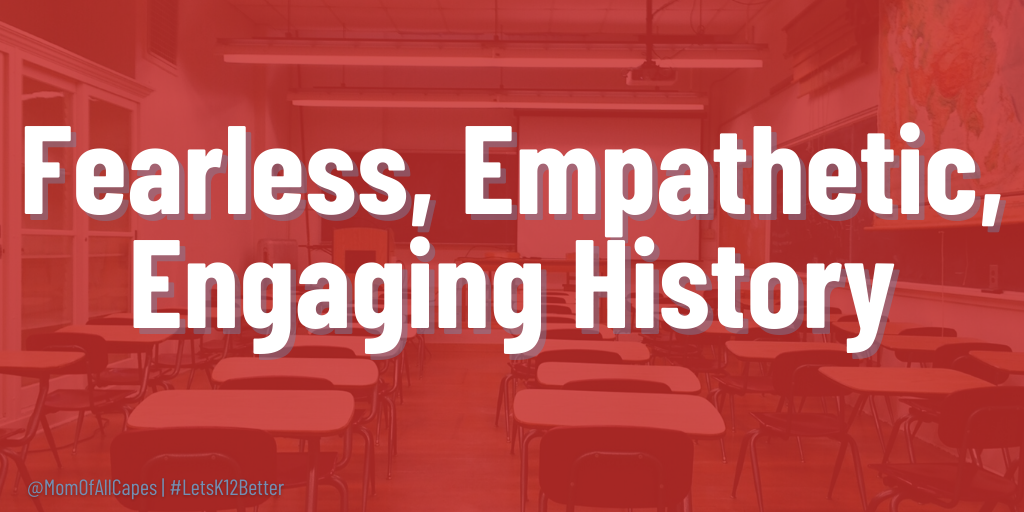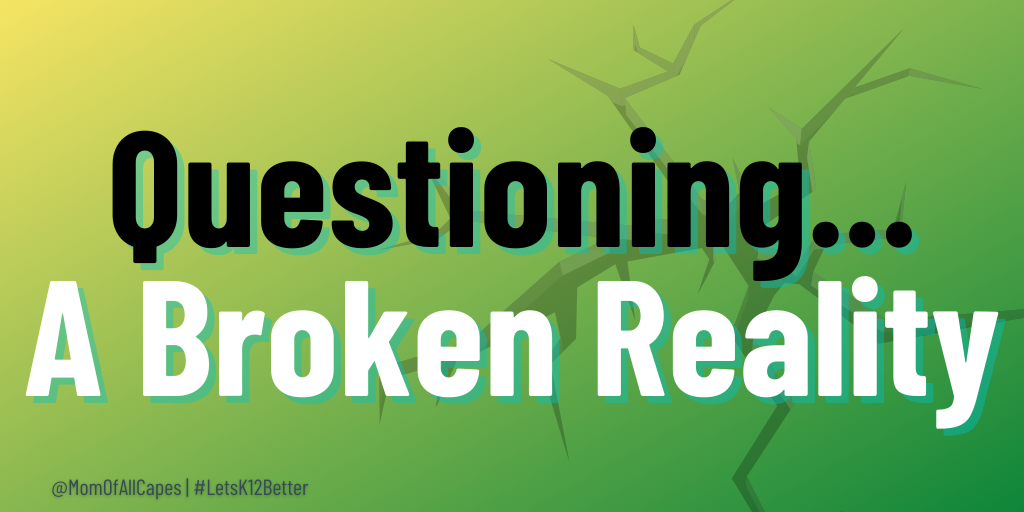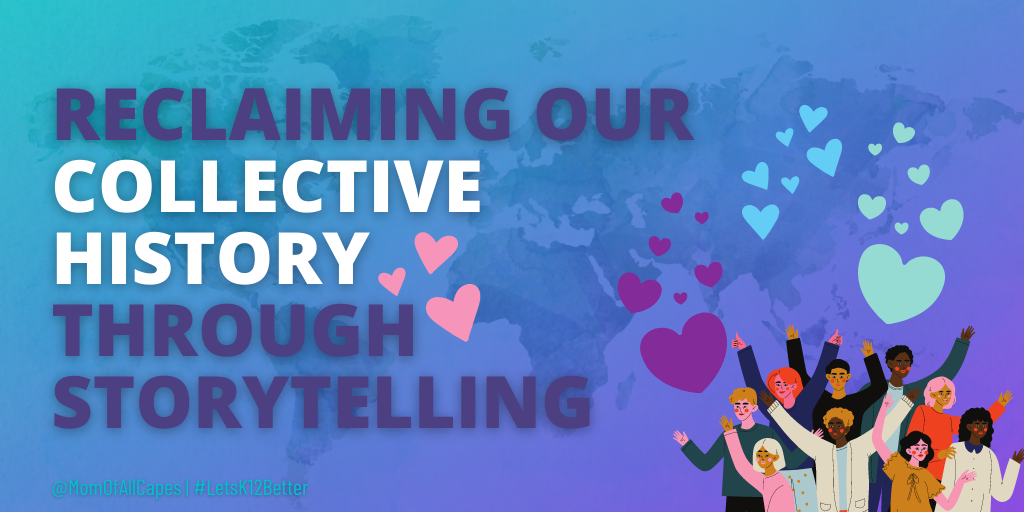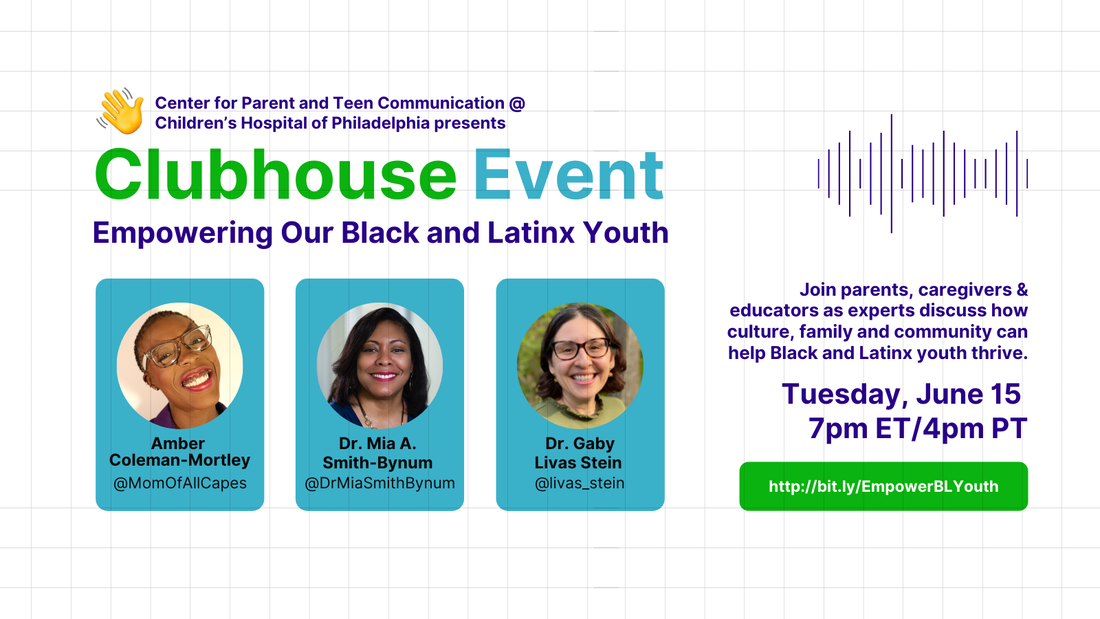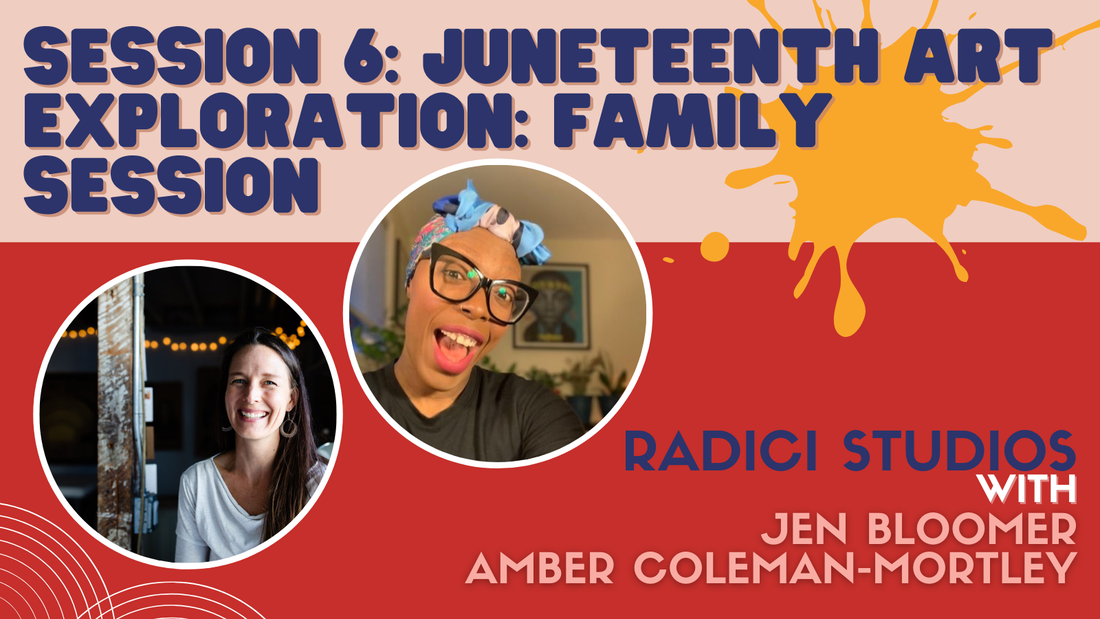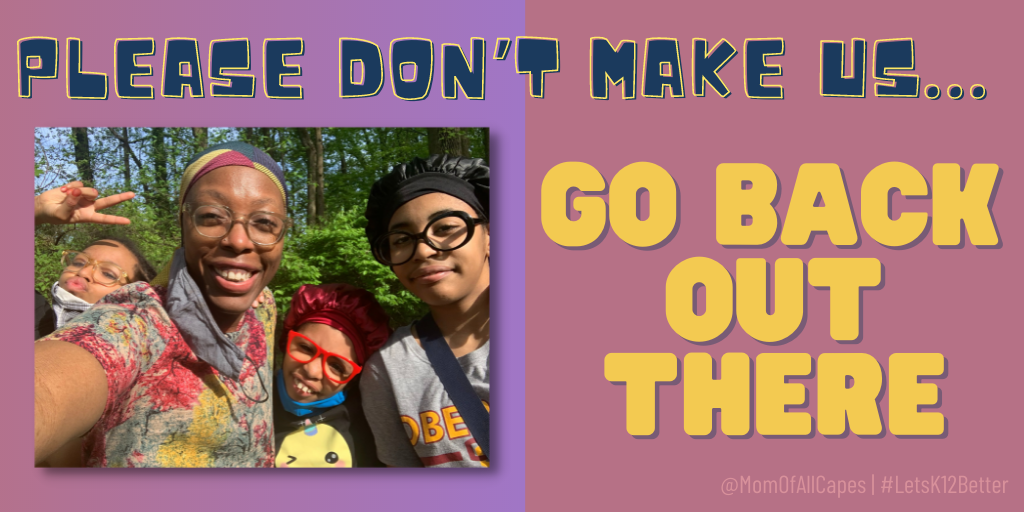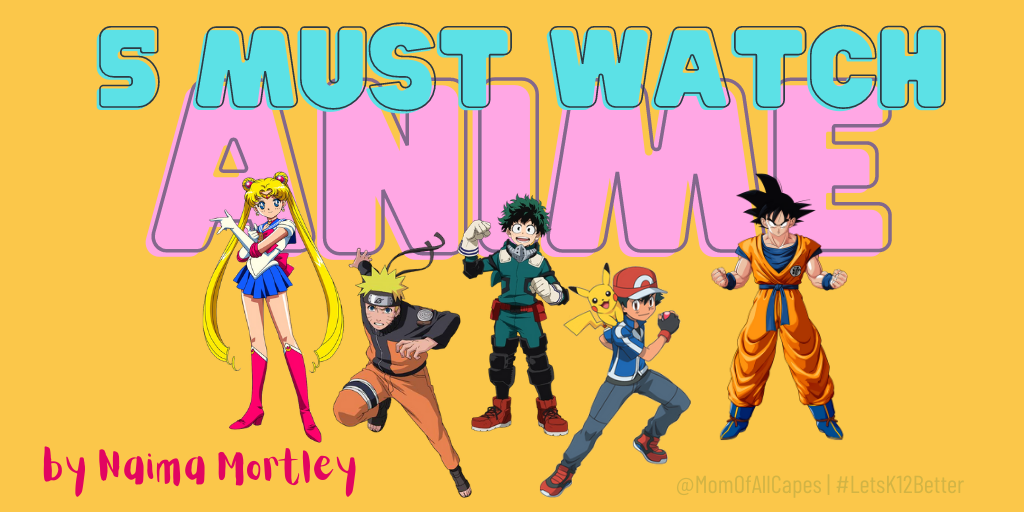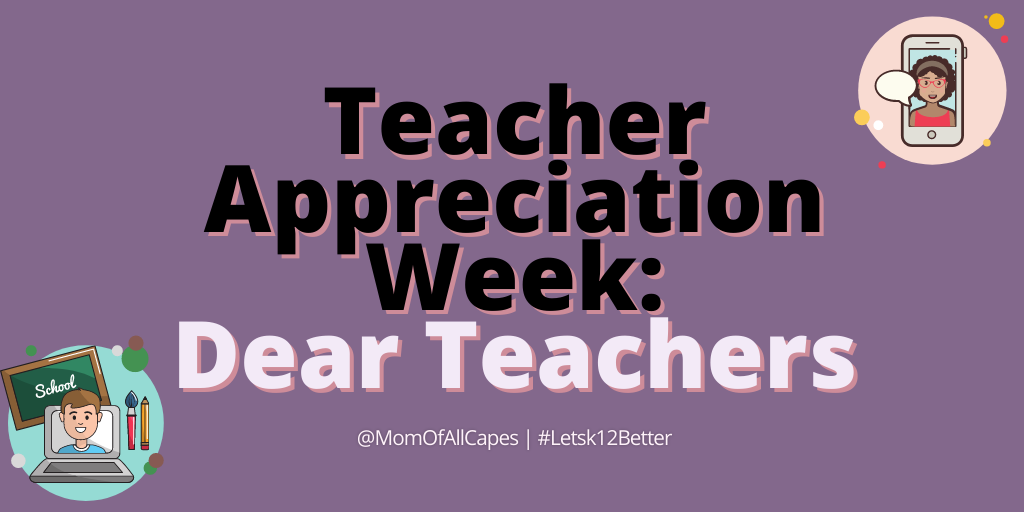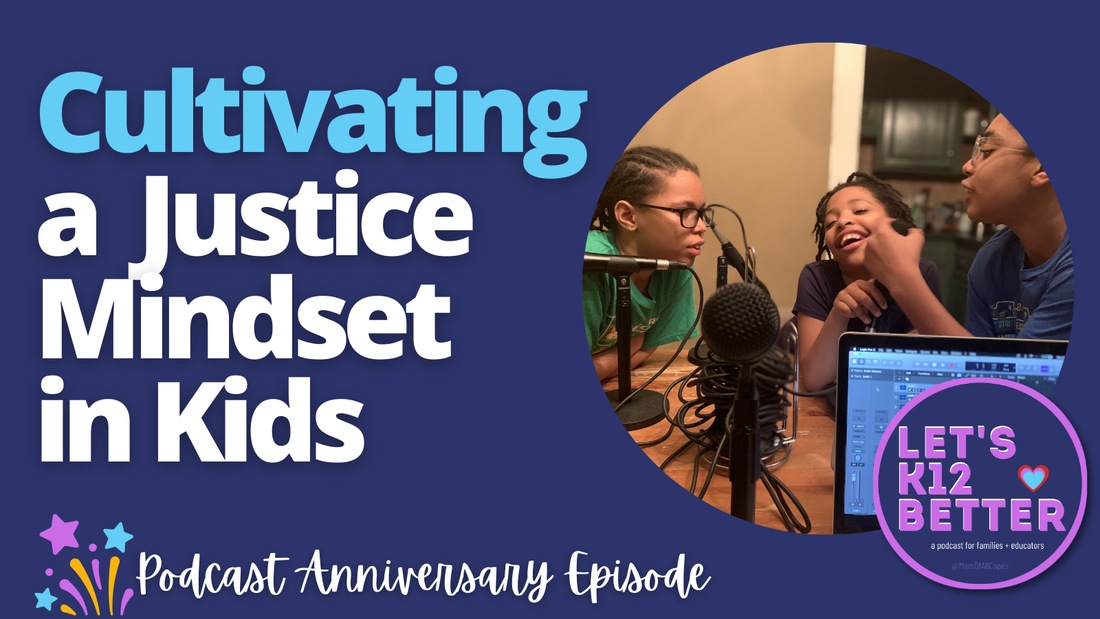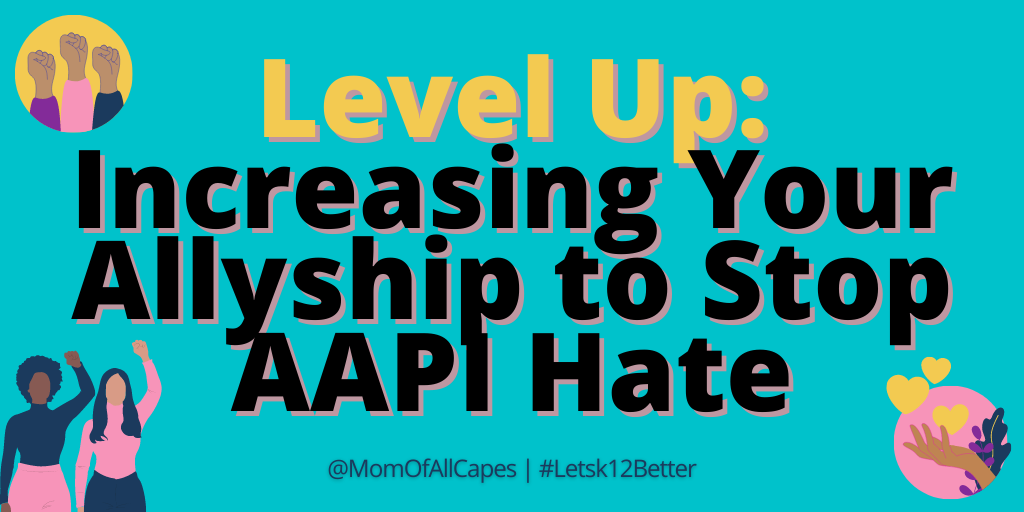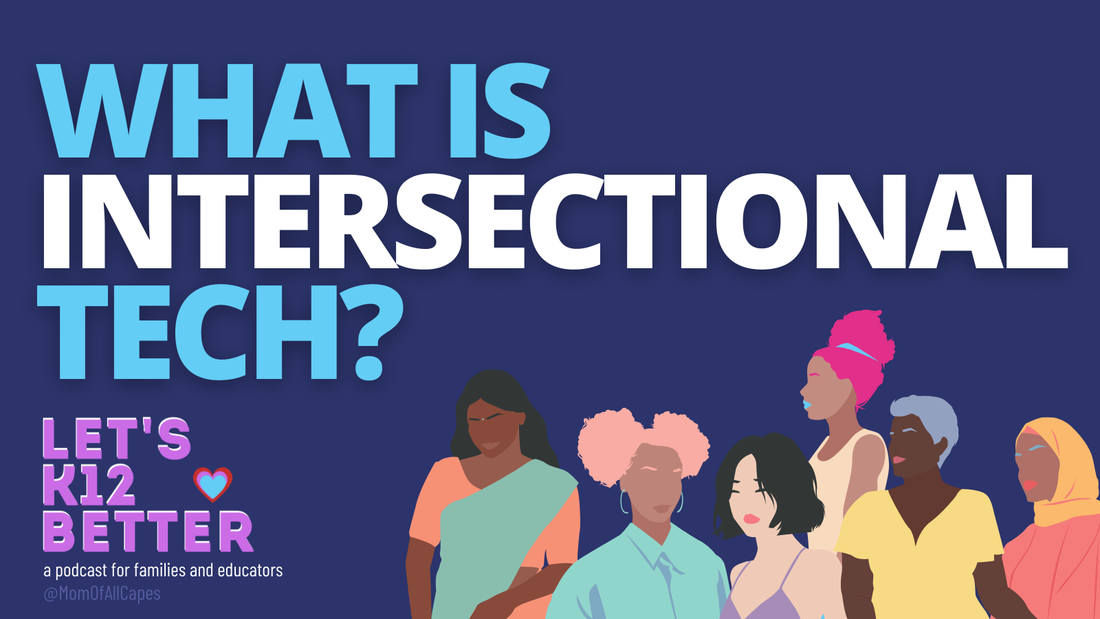|
What are we afraid of? Techniques like debate, socratic method, student-led projects, hands-on civic learning, and the host of other best practices in education provide a space for students to approach complex 3-dimensional history and current events in a contained and age-appropriate way. These strategies guide our kids through how to think outside of themselves and to challenge themselves to be more inquisitive about life and how we make it better for everyone. These strategies and opportunities challenge our kids to understand that we are not all having an equal or even equitable experience and it gives them the skills to tackle that fact, honestly and holistically. We can use best practices in history and civics to foster deeper student engagement and historical thinking while bringing in missing narratives into the social studies classroom. So why are we letting the fear of what they’ll learn, prevent them from ever engaging in the journey? I have my 10 year old reading philosophy. Mainly because her mind is always thinking about reality in ways that one who works at Google or with Ai does, so I felt I may as well get her ready for her journey by introducing her to thinkers of the past who have questioned and pushed our perception of reality. Reality and what is real is very tricky and for many of us adults and kids, we take reality as what our senses pick up… mainly our eyes, ears, and skin (touch)... but these ways of navigating our universe and our world are just tools we use to figure out what’s going on around us. I’d like to share a conversation, paraphrased of course, because I tried to type this as fast as I could without forgetting the most important lessons my 10 year old taught me about reality…
We are obsessed with family stories and how people connect to historic events we read about in textbooks. Did you know that each of us are an important part of history? Your life contributes to the biggest story of all time and it’s very important that you claim your space and share your narrative (while also ensuring that others get their turn at the mic too).
So... Where could your family’s story take you? We sat down with filmmakers and podcasters Larissa Lam and Baldwin Chiu to discuss the film, Far East Deep South. Their family’s search for their roots lead them to discover how exclusionary immigration laws like the Chinese Exclusion Act of 1882 impacted their family. On the podcast we discuss this and how we improve history education to reflect a more inclusive narrative of who belongs, how we unearth missing cultural narratives, and the ways that many groups have worked together to contribute to the American story. Join me on Clubhouse, the audio only listen-in app, for a conversation on “Empowering Our Black and Latinx Youth” with panelists Dr. Mia A Smith-Bynum and Dr. Gaby Livas Stein. Event Date/Time: June 15th @ 7pm ET/4pm PT “Juneteenth Art Exploration: Family Session”
Saturday June 19th, 10am PT / 1pm ET How do we liberate ourselves? How do we ensure that everyone’s constitutional rights are protected? In this one-hour session for families, we'll explore ideas of freedom, liberty, and the significance of Juneteenth through discussion, art, and group activities. Recommended for ages 7 and up. I’ve been thinking a lot lately about what it means to return to normal after a year-long hibernation in a pandemic. I got both of my COVID-19 vaccines and I'm signing my kids up for theirs, so I should be happy. But instead, I am spending these last days of the school year, in the painful awkwardness of the inevitable... Should I send my kids to virtual academy in the fall or force them to be around their peers? Is it ok for me to never leave the house again or will that become taboo? How can I protect the comfort we’ve built together through this year?
I’m feeling these feelings while watching the entire world broadcast this adventurous tone of getting as far away from home as possible. It’s like no one enjoyed being away from other people this year. Corporate America is trying to figure out how to con people out of their sweats and back into cubicles in high-rent buildings, education is seducing parents with ideas of a normal fall, and I’m sure every other industry is doing their best to drag us out of the house and back into the world again. But I’m not interested. I don’t want to go. This guest blog was authored by Naima Mortley, a middle school student who spends a lot of time watching anime, reading mangas, and appreciating and creating fan art. Heres what she has to say about her favorite genre. Anime or animated entertainment dates back to the start of the 20th century. According to my research via Wikipedia, Japan had a robust tradition of entertaining audiences with their own version of a magical lantern show - utsushi-e. Starting with the fathers of anime in the 1910s, the purpose of anime evolved over time to meet the Japanese information, propaganda, and entertainment needs. By the 1980s Japanese anime had become what we currently know as the internationally recognized genre it is today.
I like anime because it lets me envision different experiences and experience the magic of fantasy worlds developed outside the U.S. and western influence. Anime, just like in other shows, gives you a chance to step into other people’s shoes. I also like anime because many studios like Studio Ghibli, put a lot of work and dedication into building their vast worlds and characters. I appreciate how much work is required to transport you to another place. I’d like to share 5 of my recommended anime’s streaming now... Dear Teachers...Six years ago, I wrote a flowery worded letter in genuine thanks for all your hard work and efforts. This year instead of expressing gratitude, I am issuing an apology. See in a pandemic, people are supposed to take their time to analyze how we can fix the problems that got us here. The adults had a whole year to look at inequity, injustice, our petty political in-fighting, our collective pain but instead we used your classrooms as a distraction to keep us from tackling these issues. Last year, when kids came home, many revelations emerged. After months of cabin fever and social unrest, some parents learned that their kids are jerks, others learned that their kids are not really prepared (by them) for school, others learned that the curriculum they voted for is inadequate for 21st century survival, and others learned that what we call school is what our leaders see as childcare. I’m sorry that teachers are only essential to getting parents back into their miserable commutes, back at their desks, and back into the economy. Parents, media, and politicians use the classroom as their battleground. Instead of addressing the root of inequity we yelled “learning loss”. Instead of tackling extreme partisanship we somehow embraced this sickness as normal. Soon our collective parental exhaustion evolved into angst. Parents allowed themselves to be manipulated into believing that our villains were the educators on the screen attempting order and normalcy under extraordinary conditions. No matter what side of the school open or close debate you stood on, in many ways it all came down to teachers being the scapegoats for our inability to rise to the occasion and collectively reimagine safe, equitable learning experiences for all kids… and I’m sorry. We keep pouring more into your laps and you keep adjusting and adapting for our children and for what? Because you’re professional. Because you love what you do. Because you believe that teaching kids will change the future… and I’m sorry. I’m sorry you need sites that help you raise money for resources and supplies that should be provided through your district. I’m sorry that there’s this expectation that you become EVERYTHING for kids with the assumption that you never burn out. I’m sorry that parents don’t volunteer in the classroom, or join the PTA, and then have no clue about pedagogy, best practices, or how school systems operate but have so much to say about the dysfunction that they have the power to change with votes and community engagement. I’m sorry that your craft, your profession, and your trade are trivialized to the point where anyone thinks that they could teach just because they were once in a classroom. These people are mistaken. Teaching requires so much more than forcing facts on kids who have smartphones with the entire world’s knowledge in their pocket. Teaching requires so much more than preparing kids to take tests that further perpetuate the inequities present in their zip codes. Teaching requires so much more than self sacrificing yourself at the altar of “doing it for the children”.
Six years ago, I thanked you for your service: “I say this with the utmost sincerity and openness now as a parent and as a partner in my child's learning. We fail you guys. Sometimes we get upset. Sometimes we accuse you of not doing your best. Believe me, I’ve been on the receiving end of that conversation. Forgive those of us who falsely accuse you. Some of us believe that enabling our children is advocacy when it's not. No hard feelings. We think we know what's best because we made this person. We see them everyday but in all actuality it's those of you who closely observe our kids and see that they are actually capable of so much more than even we their parents could know. Growth takes time. Keep believing in us. Keep pushing us. Parents can learn too.”... I still mean every word. Parents can learn to be better allies and better advocates in their child’s K12 experience. Six years ago, I said I knew you wouldn’t take the summer off because you’ll immerse yourself in professional learning experiences. This year I beg that you rest. Don’t spend all summer on Zoom. Yes, learn something new and lean into anti-racist, equity, or justice centered professional development but make sure you go out and do something you love, be with your family, speak with your creator, go to the doctor. It’s insane for you to think that one more webinar will equip you to solve the symptoms of a broken system. Six years ago, I thanked you. I had a vision that “maybe one day we will begin to realize that your contributions are essential to the survival of our society.... More than bankers or doctors or talking heads or celebrities or politicians... You once made these people think about the possibility of their own future selves. That means something...” This year I’m sending you a sincere apology for this nightmare of a year. Education is not perfect. Our kids aren’t perfect. Parents aren’t perfect. You’re not perfect. Therefore it is my hope that we can all see value in each other as equally responsible partners on every child’s learning journey. Thanks for keeping hope from dying. Thanks for all you do. Happy Summer, An imperfect and appreciative parent-learner
As the verdict came down for Derek Chauvin’s case, I felt a range of emotions and thoughts rush over me. I joined A. Martinez on KPCC to discuss this more, you can listen to my segment “How to Talk to Your Kids About the Verdict in the Trial of Derek Chauvin” here (32:55) or below.
Recently we led the #CrazyPLN Twitter community in a discussion about how to cultivate a justice mindset in kids. Check out that discussion available in this Wakelet.
During the month of March we came to a point where we can no longer ignore the anti-Asian violence ever present in our society. Violence as a result of anti-Asian sentiments expressed during our year in the pandemic, but also as a result of attitudes and policies that continue to position Asian Americans as second class citizens and foreigners in their own country. As we work together to end marginalization and discrimination, we must remember that we are not playing the Oppression Olympics. It's not one group's marginalization over another's. The AAPI struggle sits alongside the struggle of all marginalized people in the push for a more just and anti-racist world. This requires each of us to work across racial and cultural groups to end oppression, racism, colorism, and xenophobia targeted at any individual or group of people.
We must ask ourselves: What are my blind spots when it comes to an awareness of the human experience? Why is it important for me to fight racism, colorism, and xenophobia in my community? How do I build the courage and capacity to be able to support others in times when injustice, racism, or xenophobia arise?
When we jump on a gaming platform or on social media, do you ever think - who owns the space? Well, who thinks they “own” the space determines how other people are treated in that space. As it stands, most digital spaces are perceived to belong to white (and sometimes Asian, males). A 2018 Amnesty International Troll Patrol study found that Black women were 84% more likely than white women to be mentioned in abusive or problematic tweets. The 2019 International Game Developers Association (IGDA) Game Developer Satisfaction report - think of this as an overview of the game dev field… the survey revealed that only 2% of survey respondents identified as Black and 81% identified as white; suggesting a large overrepresentation of people identifying as white, and a slight overrepresentation of people identifying as Indigenous and as Asian when compared to census data that year. The same report revealed that 71% of respondents were male with 24% identifying as female, and 3% identified as non-binary. Nearly 80% of all respondents identified as heterosexual.
We build our world with our filter on it. So when we look at this data. We have to ask… who owns the digital space right now? Who’s driving our perception of the world online? Who is setting norms? Even as communities of color build spaces for themselves online, they still function within a white normative, heterosexual expectation which again can lead to harassment like that which was revealed in the Amnesty International report on Twitter. |
I'm a former teacher and former college athlete, currently working to make life more equitable for all people. My mission is to get parents to partner with their child's teacher.
|
